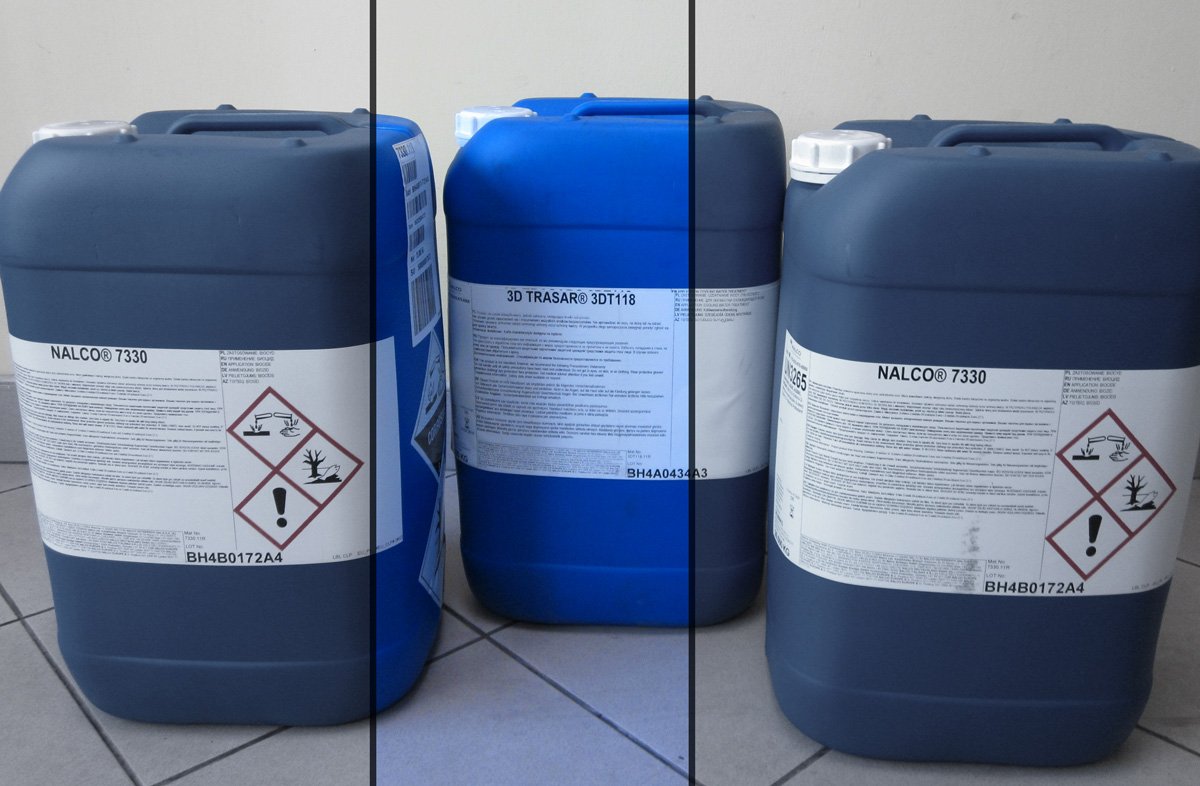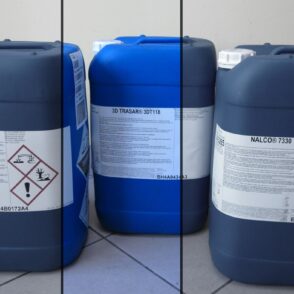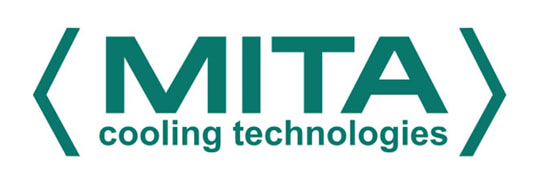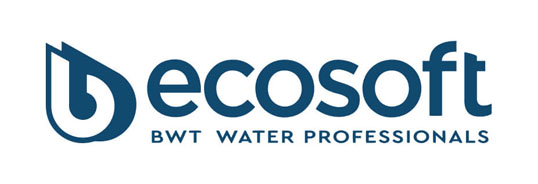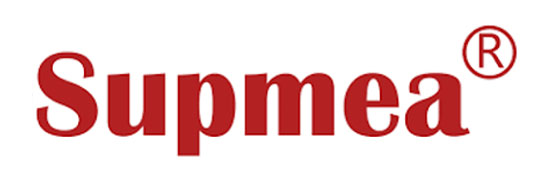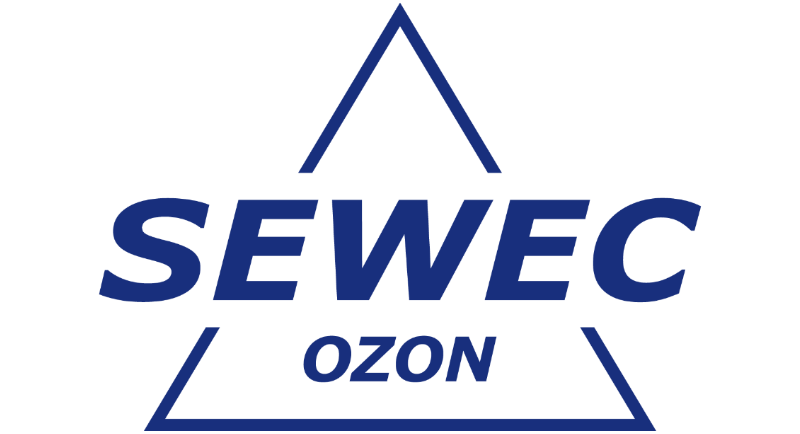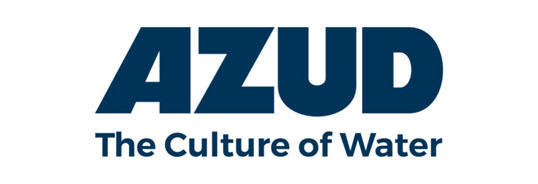Description
The process of sedimentation i san economic method of removing suspended solids from water or sewage. The suspended particles float down, to the bottom of devices known as settling basins. For this process to occur effectively, coagulation should be applied, depriving the suspended solids of electric charge and merging the particles into greater clumps, which will sink quicker.
The process of coagulation occurs thanks to the use of preparations known as coagulants, based on iron and aluminum salts or short-chain organic polymers. The polymerized compounds of aluminum have significant importance in drinking water cleaning, while mixes of iron and aluminum salts are used for wastewater cleaning. The selection of technology includes the cost of the preparation itself, its dosage, dosing method, achieved effectiveness in a water or sewage environment with shifting temperature, and other factors. To select the optimal technology, so-called jar-tests are utilized, thanks to which the effectiveness of different preparations can be confirmed and compared.
MCC offers the selection and delivery of coagulants as well as specialized dosage systems.

